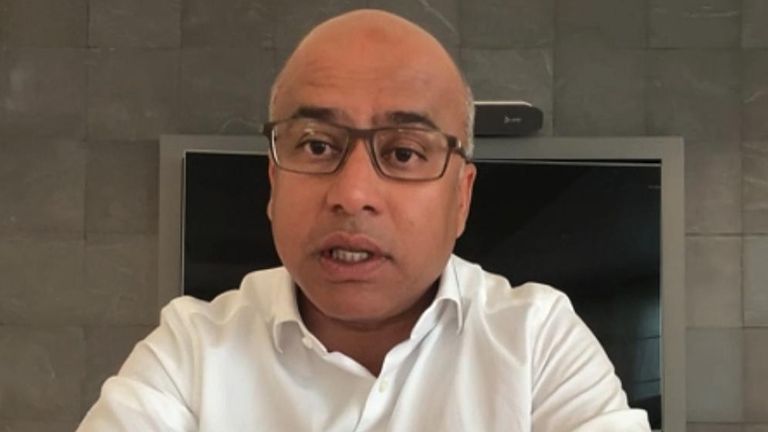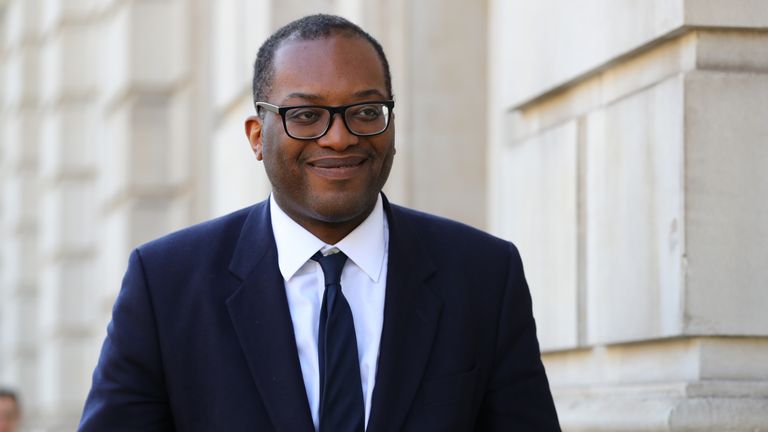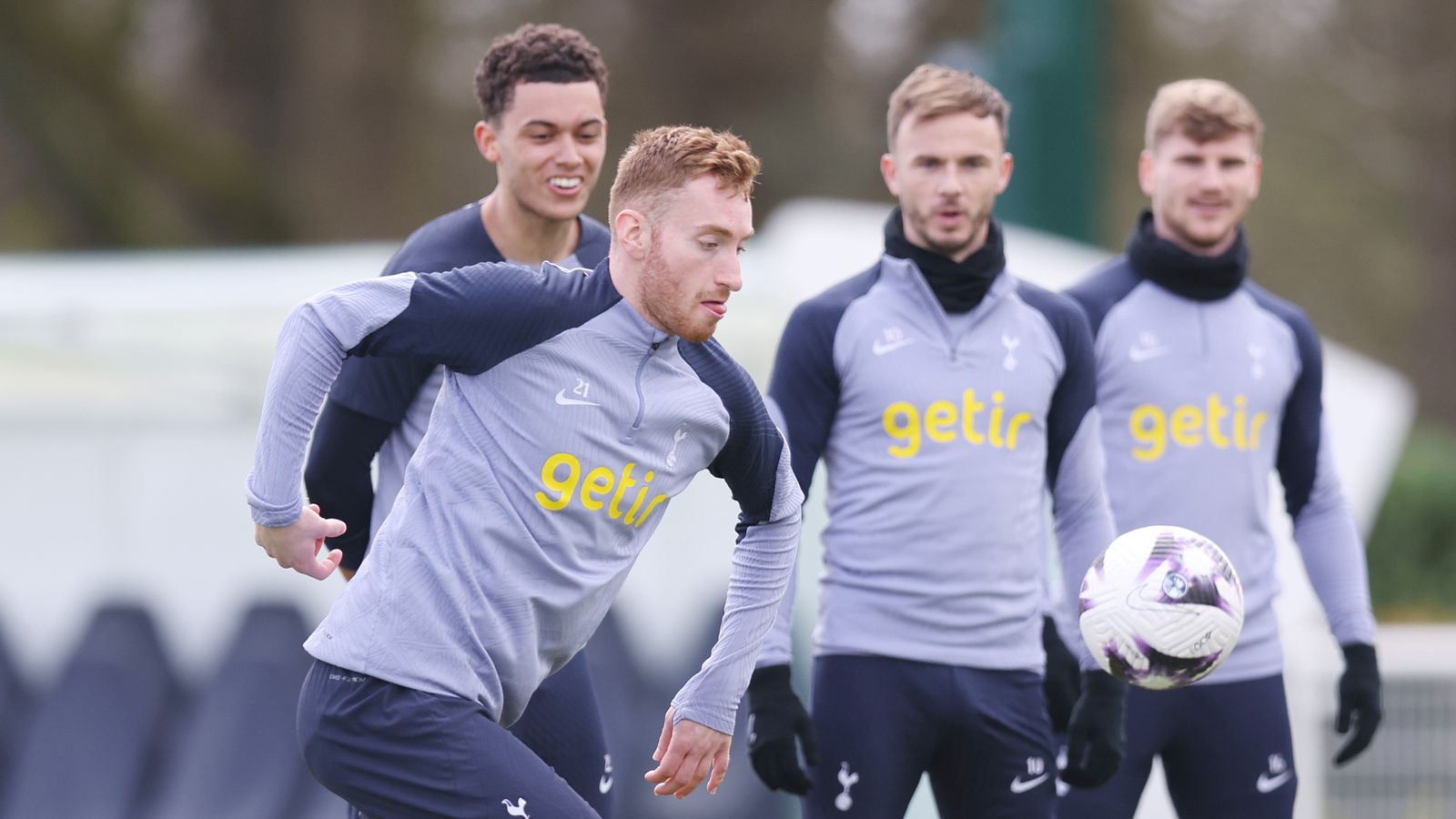Nationalising UK steel plants owned by Sanjeev Gupta’s reeling business empire is the “least likely” option for ensuring production continues, business secretary Kwasi Kwarteng has told MPs.
Mr Gupta’s GFG Alliance group has put Liberty Steel plants in Stocksbridge, Brinsworth and West Bromwich up for sale following talks with Credit Suisse, which lost an estimated £1bn when GFG’s main lender Greensill Capital went bust earlier this year.
Liberty Steel employs around 3,000 workers in the UK, jobs that have been under threat as a result of GFG’s reliance on Greensill, which is now the subject of a Serious Fraud Office inquiry.
If the sale is successful Liberty will focus on its plant in Rotherham.
Mr Kwarteng said Liberty’s plants were “good assets” with a viable future, and their potential sale vindicated his decision not to agree to a request from GFG for a £170m bailout.
“The issue that Liberty had was to do with financial engineering, the opaque bit, if you like, of GFG, the leverage, the finance, the debt they had incurred…
“Without that I think there is a healthy interest in the assets and I think they have a viable future,” the minister told the business, energy and industrial strategy committee.
“I don’t rule anything in or out, but I think that nationalisation – of all the options – is the least likely.”
In 2019 when British Steel collapsed into administration, the government provided almost £600m to allow plants to be run by the Official Receiver and continue production for five months until a sale to Chinese firm Jingye was agreed.
Mr Kwarteng’s comments appear to indicate a repeat of that model is unlikely and he cited the “opacity” of Mr Gupta’s financing of GFG as a reason for withholding taxpayer support.
“When businesses say they have the magic formula to keep steel jobs and steel assets operating there’s a temptation for government involvement.
“We did not take that view.”
The business secretary also defended COVID support loans provided last autumn to Mr Gupta’s now defunct Wyelands Bank, following concerns raised by the Bank of England Governor Andrew Bailey.
“When these loans were made there were not concerns about this particular bank… the British Business Bank was under a lot of pressure to distribute loans, we had to keep liquidity going,” he said.
Despite repeated state interventions to support the sale of steel producers to overseas buyers in recent years, Mr Kwarteng said he believes the UK industry does have a sustainable future if it commits to low-carbon methods.
“I think there is a strategic place for UK steel but it has to be decarbonised, and we’re working together with the industry, the unions to find a sustainable path.
“Government support is conditional on decarbonisation and green steel.”
The UK has committed to cut 80% of carbon emissions from steel manufacturing by 2045 but trade body UK Steel told MPs low-carbon methods were still unproven.
“Carbon capture and storage are largely untested at scale and zero-carbon hydrogen is a long way off… we haven’t even taken the first step,” director general Gareth Stace told MPs.








